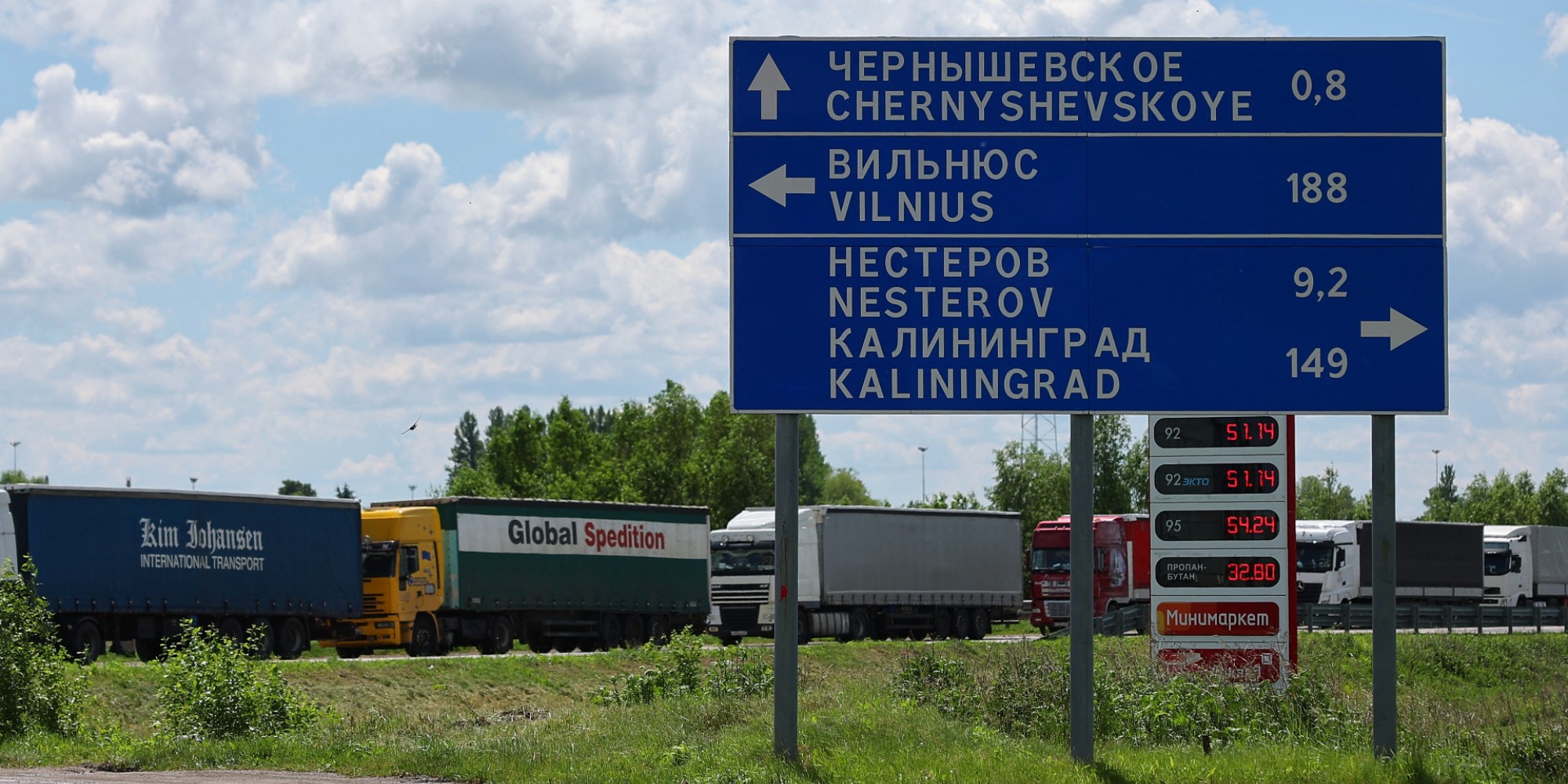Caroline Baudry (special correspondent in Vilnius), edited by Solène Leroux 08:34, June 28, 2022
The leaders of NATO will decide at the Madrid summit to transform their reaction force and to bring "well above" 300,000 men the troops at a high level of preparation to face the Russian threat.
On the eastern flank, tension is rising especially in Lithuania.
Why does the Russian threat weigh particularly heavily on this Baltic state?
Opening of the NATO summit on Tuesday, as Russian forces continue their offensive in Ukraine.
The leaders of NATO will decide at the Madrid summit to transform their reaction force and to bring "well above" 300,000 men the troops at a high level of preparation to face the Russian threat.
On the eastern flank, tension is rising especially in Lithuania.
Why does the Russian threat weigh particularly heavily on this Baltic state?
Mainly for a reason of geography, since Lithuania is located between Belarus in the East, great ally of Russia, and Kaliningrad, in the West, this small Russian enclave at the edge of the Baltic Sea.
>> Find Europe Matin in replay and podcast here
It serves as an advanced military post: Moscow piles up all possible armaments there, in particular an overpowered navy with the more than 70 ships and submarines of the Baltic fleet.
Since the offensive in Ukraine, hypersonic missiles and even nuclear-tipped missiles which Moscow simulated firing last May.
Intensive cyber attack
All this armament is used to threaten the West, and directly Lithuania, where the Suwalki corridor passes, which therefore connects Russia to this strategic territory.
A thorn in the side of the West and NATO.
This confrontation is muted for the moment.
The Lithuanians experienced it on Monday.
Authorities said they were the target of an intensive cyber attack.
An attack that led to the shutdown of tax services in Lithuania.
The issuance of passports was also disrupted.
>> LISTEN AGAIN -
Die for Kaliningrad?
This intrusion was claimed by a group of Russian hackers.
In reaction, they say, to the ban on the transit of certain products to Kaliningrad, within the framework of new economic sanctions imposed by the European Union at the beginning of June.
Such attacks have been recurrent in Lithuania since the start of the war in Ukraine.
The director of the national cybersecurity center expects likely similar or even more intense attacks.

